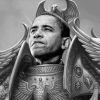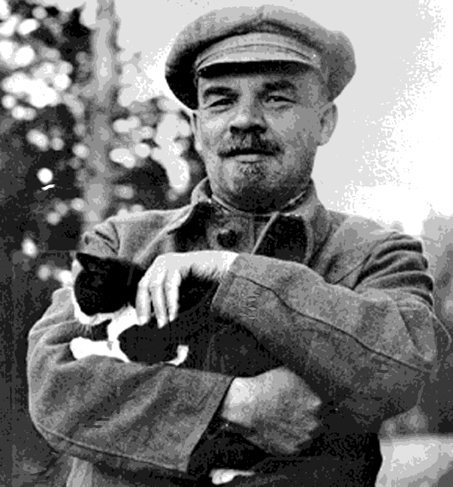especially after Stalin bent over and smilingly reversed soviet reforms to make reactionaries happy.
and
all the stuff that the Bolsheviks deliberately snuffed out
in relation to
regulating marriage in a traditional way, getting rid of divorce for women, making abortion virtually illegal, making homosexuality illegal, promoting women as baby-machines, etc.
It's no secret that the Bolsheviks 'took over from Tsarism and slightly anointed with Soviet oil' that 'same Russian apparatus' known as the Union of Soviet Socialist Republics (USSR, of course).
In looking back at the Soviet Union it is clear that great gains were made early on in rights for local nationalities and/or ethnicity groups, esp. in the diverse and complex Caucasus region.
Stalin sought to create 'autonomous republics,' which was being implemented from 1920 onwards as 'local government was extended to the Bashkirs, the Tatars, the Kirgiz, the Chuvash, the Mari, the Kalmyks, the Vots and the Karelian Finns' (
Stalin, A Biography, p. 199)
'Stalin went on establishing autonomous republics even if this meant offending the local Russians' (p. 200)
Stalin on the national question at the Tenth Party Congress:
The essence of the national question in the RSFSR consists in eliminating the backwardness (economic, political, cultural) of nationalities which has been inherited from the past in order to give an opportunity to backward peoples to catch up with central Russia in relation to statehood, culture and economy
'The idea that Stalin was a Great Russian chauvinist in the 1920's is nonsense. More then any other Bolshevik leader, including Lenin, he fought for the principle that each people in the Soviet state should have scope for national and ethnic self-expression' (p. 202)
Despite attempts at Russification during Stalin's rule 'the USSR remained a multinational state and Stalin stayed committed to inducing non-Russians to assimilate themselves to the Soviet order. For this he needed schools and press to use local languages and for access to be open for the promotion of local national groups. National pride had to be fostered. Thus the Ukrainian poet Taras Shevchenko, who died in 1861, was celebrated the length and breadth of the Soviet Union./ Similar trends occurred in Georgia and other Soviet republics in the south Caucasus as national literary figures were acclaimed.'
Belorussians 'continued to possess their own schools and press.'
Furthermore, in Stalin's eyes, 'they [the Russian people] needed a Czar' owing to their mentality not having been transformed yet by the October Revolution.
However, Stalin ' is wrongfully depicted as simply a czar in Red clothing.' He did not 'deign to receive groups of peasant petitioners as the czars had done' Stalin based himself 'on the masses,' 'spending much time in the 1920's and 1930's working on manuscripts' to explain himself and his actions to others, something which the czars would've never done.
At social gatherings he attributed his political success 'to the support of the masses', stating in an unrecorded remark at an October Revolution anniversary dinner that 'the Praktiki were the intermediaries who maintained the link between the Kremlin and the masses.' (p. 331-333)
My point is that IMHO the Soviet Union under Stalin was far from having made reactionaries happy. Significant gains from the October Revolution, esp. gains related to the national question, were still prevalent despite the Soviet state having been carried-over from Czarism.
Old values had yet to be fully transcended, which was also a significant issue during and after the the Chinese Revolution of 1949 (esp.) in the countryside where old peasant customs and beliefs had yet to be changed (i.e. views on women and wives, views which weren't totally swept away by the incoming agrarian revolution even as women gained housing, farmland, and leadership positions in the Peasants' Associations and Women's Associations in their respective villages)
A good example of an attempt to actually cement these new values in society was the 1950 New Marriage Law, the Second Marriage Law having stated in Article Two (passed in 1980 to replace the original New Marriage Law) that 'a marriage system based on the free choice of partners, on monogamy and on equality between a man and woman' should be applied (and this as late as 1980, after the Cultural Revolution)
For 1950, let alone 1980, this was groundbreaking and was a very real attempt to create a new cultural mindset in China which had just emerged from semi-feudal, semi-colonial politics and economics post-1949 (China was deemed as having been 'colonial in the Japanese-occupied areas and basically semi-colonial in the Kuomintang areas, and it is predominantly feudal or semi-feudal in both.')
Just a few thoughts on old and new cultural mindsets in post-revolutionary societies be it the USSR or the People's Republic of China.


















 - By Tainari88
- By Tainari88 - By wat0n
- By wat0n